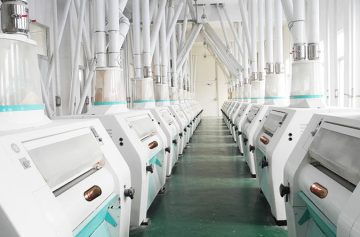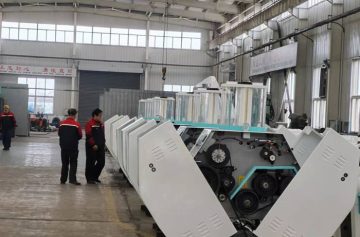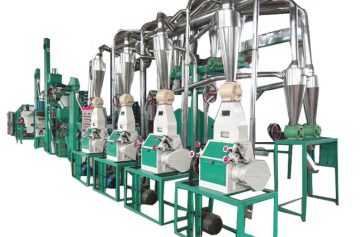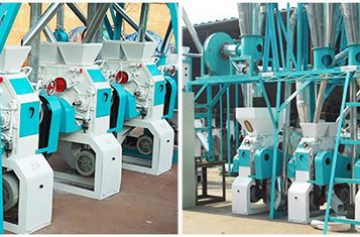In modern grain processing, flour milling machines are core processing equipment. Their operational efficiency is directly related to the quality and production efficiency of converting wheat raw material into finished flour. For food processing companies, the processing quality of the milling machine for wheat flour has always been a key consideration in production management. By continuously optimizing production technology and process standards, companies can effectively improve equipment performance and maintain a competitive advantage in the market.
The main factors affecting industrial wheat flour mill machine processing quality include:
Manufacturing Material Selection
Material properties have a fundamental impact on equipment quality, especially key indicators that determine the strength of the machine structure. These material performance advantages often require specialized processing techniques, and their quality is primarily determined by the physical properties of the raw materials themselves.
Core Component Quality
The performance level of key components directly affects the operational stability of the equipment. Taking the power system as an example, the operating efficiency of the motor not only affects the normal operation of the equipment but also affects the overall working state during the continuous production process.
Production Process Standards
From welding technology to structural design, from processing procedures to assembly processes, every manufacturing step has a comprehensive impact on the final quality of flour milling machinery. Optimizing these process parameters requires a positive interaction with the equipment design principles.
With the continuous advancement of processing technology, modern industrial flour mill machine have evolved from traditional workshop equipment to a vital component of intelligent production lines. By applying new surface treatment technologies and intelligent control systems, contemporary flour milling equipment is developing towards more precise quality control while maintaining efficient production, providing reliable technical support for ensuring grain processing quality.
(+86) 13379261019
lisaliu@hzburt.com
Return to previous page






